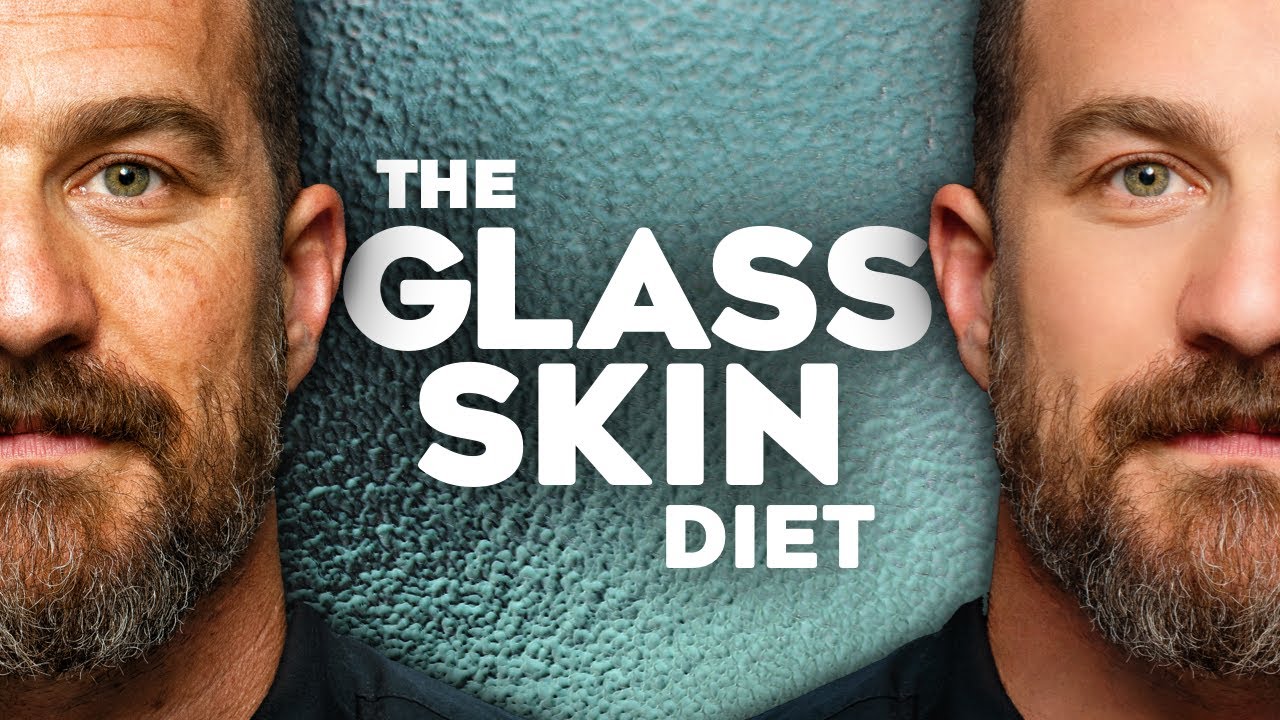Your skin is more than just your body’s outer covering—it’s a dynamic organ that reflects the health of your internal systems. What you eat directly impacts your skin’s appearance, resilience, and aging process. Chronic inflammation, hormonal imbalances, and poor gut health—all influenced by diet—can lead to breakouts, dullness, and premature aging.
As a seasoned nutritionist and professional chef, I’ve seen firsthand how science-backed dietary changes can transform skin from the inside out. If you’re aiming for a radiant, youthful complexion, the path doesn’t start with a skincare aisle—it starts in your kitchen.

The Gut-Skin-Immune Connection
To understand the skin’s relationship with food, we must start with the gut and the immune system. The gut microbiome—trillions of microorganisms living in your digestive tract—plays a central role in modulating inflammation and immune responses. When the gut is imbalanced (due to processed foods, excess sugar, or lack of fiber), the resulting inflammation often shows up on your skin in the form of acne, eczema, or accelerated aging.
Balanced gut health supports immune regulation, reduces skin sensitivity, and promotes clear skin. And the best way to cultivate a healthy microbiome? Diet.
Top Anti-Inflammatory Foods for Glowing Skin
A low-inflammatory diet forms the cornerstone of skin wellness. This doesn’t require rigid rules or trendy detoxes—it’s about consistently choosing whole, nutrient-dense foods that support cellular repair and reduce inflammatory triggers.
1. Dark Leafy Greens
Spinach, kale, and arugula are loaded with antioxidants like vitamins A and C, which support collagen production and cell turnover. Vitamin A, in particular, is essential for skin regeneration but should be obtained from food sources to avoid the risks of supplement overuse.
Pro tip: Try a morning smoothie with kale, berries, and chia seeds for a skin-loving start.
2. Omega-3 Fatty Acids
Essential fats found in fatty fish (like salmon and sardines), flaxseeds, chia seeds, and walnuts help reduce redness, irritation, and moisture loss.
Meal idea: A baked salmon filet with roasted Brussels sprouts and a quinoa pilaf is both delicious and deeply nourishing for the skin.
3. Colorful Fruits and Veggies
Carotenoids—plant pigments found in carrots, sweet potatoes, and red peppers—act as natural skin protectants against UV damage. Berries, rich in polyphenols and vitamin C, combat oxidative stress and support collagen integrity.

4. Fermented Foods
Kimchi, sauerkraut (refrigerated, not shelf-stable), miso, and plain yogurt are rich in probiotics that enhance gut diversity and, by extension, skin health.
Aim for 1 to 4 servings of fermented foods daily to help balance the gut microbiota and lower systemic inflammation.
What to Avoid: Inflammatory Culprits
While no one expects perfection, reducing certain inflammatory triggers can dramatically improve your skin’s health.
1. Ultra-Processed Foods
Highly processed snacks, refined carbohydrates, and fast food often contain unhealthy fats, sugars, and chemical additives. These foods can initiate an inflammatory cascade that not only worsens acne and psoriasis but also accelerates the appearance of aging.
What’s behind this? Cooking methods involving high heat—such as deep-frying—can lead to the formation of advanced glycation end products (AGEs), which damage skin proteins and promote wrinkling.
2. Sugar + Fat Combos
Think donuts, pastries, and ice cream. These combinations spike insulin, increase sebum production, and trigger hormone pathways that aggravate breakouts.
3. Alcohol
Excessive alcohol dehydrates the skin, disrupts sleep, and damages the gut lining. Even occasional overindulgence can lead to puffiness, redness, and increased sensitivity the next day.
Hydration, Sleep, and Stress: The Overlooked Skin Enhancers
No skincare routine is complete without considering hydration, rest, and emotional well-being. Here’s why:
- Hydration: Water supports skin elasticity, detoxification, and nutrient delivery. Don’t overlook electrolytes—sodium, potassium, and magnesium help regulate fluid balance.
- Sleep: Deep, consistent sleep promotes skin repair, hormone balance, and reduced cortisol (the stress hormone known to worsen inflammation and acne).
- Stress Management: Emotional stress raises inflammatory markers and can trigger flare-ups of acne, rosacea, and eczema. Tools like deep breathing, meditation, or the “physiological sigh” (a simple breathing technique validated by neuroscience research) can reduce stress in real time.
The Role of Fiber and Prebiotics
Fiber—especially prebiotic fiber from foods like garlic, onions, leeks, asparagus, bananas, and oats—feeds the good bacteria in your gut. A diverse, well-fed microbiome can help regulate hormones, support immune function, and reduce inflammatory skin reactions.
You can also consider gentle supplementation with inulin or psyllium husk, especially if your current intake of fruits and vegetables is low.
Everyday Skin-Smart Meal Plan Example
Here’s a simple sample day that reflects skin-healthy choices:
- Breakfast: Greek yogurt with blueberries, flaxseeds, and a drizzle of honey
- Lunch: Mixed greens with grilled chicken, avocado, olive oil, and roasted sweet potato
- Snack: A handful of walnuts and sliced red bell pepper
- Dinner: Grilled salmon with sautéed kale and quinoa
- Drink: Water infused with cucumber and mint

Final Thoughts: Food Is Your Skin’s Best Friend
Clear, youthful skin doesn’t require miracle serums or expensive treatments. The daily choices you make at the grocery store, in your kitchen, and at the table hold the real power to transform your skin from within.
Minimizing processed foods, increasing intake of anti-inflammatory whole foods, and caring for your gut will not only make your skin glow—but will also boost your overall health, energy, and longevity.
Ready to Take the Next Step?
If you’re looking to create a personalized anti-inflammatory meal plan, improve your gut health, or address persistent skin concerns through nutrition, let’s work together. Explore my related articles on gut health, hormonal balance, and anti-aging foods—or reach out for a private consultation tailored to your goals.





